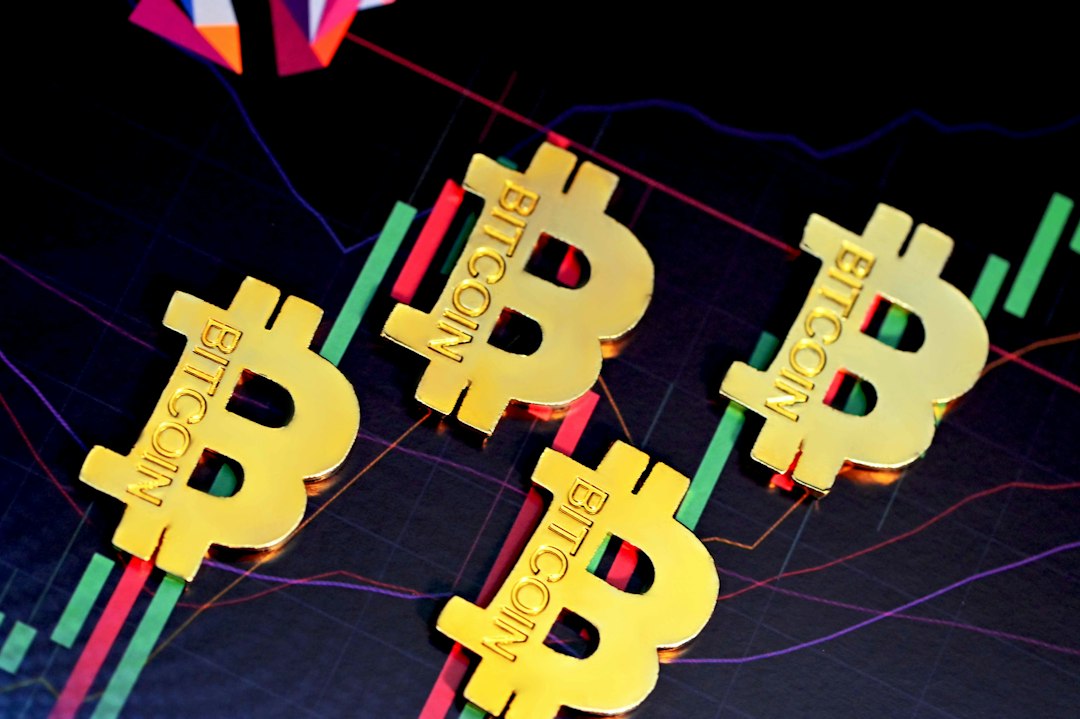A Bank Freezes Customer’s Account, Blocking Access to Funds
A Tennessee woman is facing a frustrating situation as her bank, Green Dot Bank, has frozen $48,000 in her account, preventing her from accessing the funds. Torrie Jackson received the money as back taxes from the IRS and deposited it into her Green Dot Bank account earlier this year. She began withdrawing large sums of money in July with the intention of closing the account when she was suddenly blocked from accessing the remaining amount.
Unexplained Suspicion of Unusual Activity
Jackson’s account was flagged due to a vague suspicion of unusual activity, according to her. However, the bank failed to provide any explanation for this alleged activity. Despite Jackson’s efforts to prove her identity and verify the source of her funds by providing documents such as her driver’s license, utility bill, and IRS refund letter, Green Dot Bank refused to validate her documents.
Green Dot Bank’s Response
In response to the situation, Green Dot Bank stated that it has reached out to the IRS regarding Jackson’s funds and has provided guidance on who she should contact for information and updates. The bank also suggested that the IRS may intervene and request that the remaining funds be rerouted back to them. However, Jackson claims that when she contacted the IRS, they denied any involvement in resolving the issue.
Hot Take: Customer Struggles as Bank Denies Access to Funds
The case of Torrie Jackson highlights the frustration and helplessness that can arise when a bank freezes a customer’s account without clear justification. Despite providing necessary identification documents, Jackson remains unable to access her funds. This situation emphasizes the importance of transparency and clear communication between banks and their customers. It is crucial for financial institutions to have proper procedures in place for resolving issues promptly and efficiently to avoid causing distress to their customers. Additionally, it raises questions about the accountability of banks and the need for stronger regulations to protect consumers in such situations.





 By
By
 By
By
 By
By
 By
By

 By
By